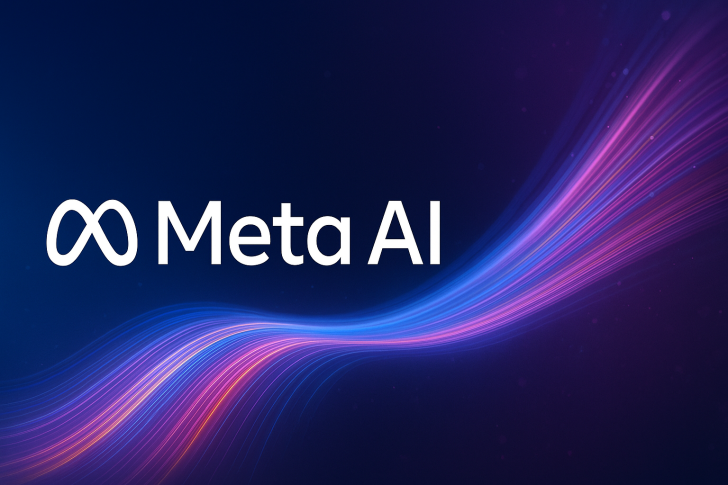The AI race isn't just about building smarter models anymore—it's about locking down the rare talent that can actually shape the future. Recent buzz suggests Meta might've dangled a $3.5 billion offer to lure AI veteran Andrew Tulloch back to the company. Whether true or not, the speculation shows just how fierce the fight for top AI minds has become.
The $3.5B Rumor
A recent tweet from Yuchen Jin stirred up the community with claims that Mark Zuckerberg approached Andrew Tulloch—co-founder of Thinky and a respected AI engineer—with a jaw-dropping multi-billion dollar proposal. But Yuchen Jin was quick to point out that throwing money at someone like Tulloch probably isn't enough. Engineers at his level care more about building something meaningful from scratch than cashing enormous checks. For them, it's about shaping an entire industry, not just padding a bank account.
The tweet wrapped up with a simple but loaded tease: "Llama 5's gonna be good." That one line has people wondering what Meta's cooking up next. The LLaMA series has already made waves as a serious open-source challenger to closed systems like GPT-4, Claude, and Gemini. If Llama 5 delivers stronger performance while staying open, it could push global adoption even further and cement Meta's role at the heart of the open-source AI movement.
Why This Matters
The talent war: Top AI engineers are now pulling offers that rival CEO pay packages. But as the Tulloch rumors show, money isn't everything. Vision, autonomy, and the chance to make real breakthroughs often matter more.
The model race: All eyes are on Llama 5 because so much is riding on it. With OpenAI prepping GPT-5 and Google pushing Gemini Pro, Meta needs to prove that Llama 5 can match raw power with real accessibility for developers and researchers worldwide.
Conclusion
Whether Tulloch joins Meta or not, the noise around this rumor says everything about where AI is headed. It's being shaped by two forces: massive money and ambitious mission. With Llama 5 around the corner, the real question isn't about billion-dollar offers—it's whether Meta can redefine what open-source AI looks like going forward.
 Peter Smith
Peter Smith

 Peter Smith
Peter Smith


